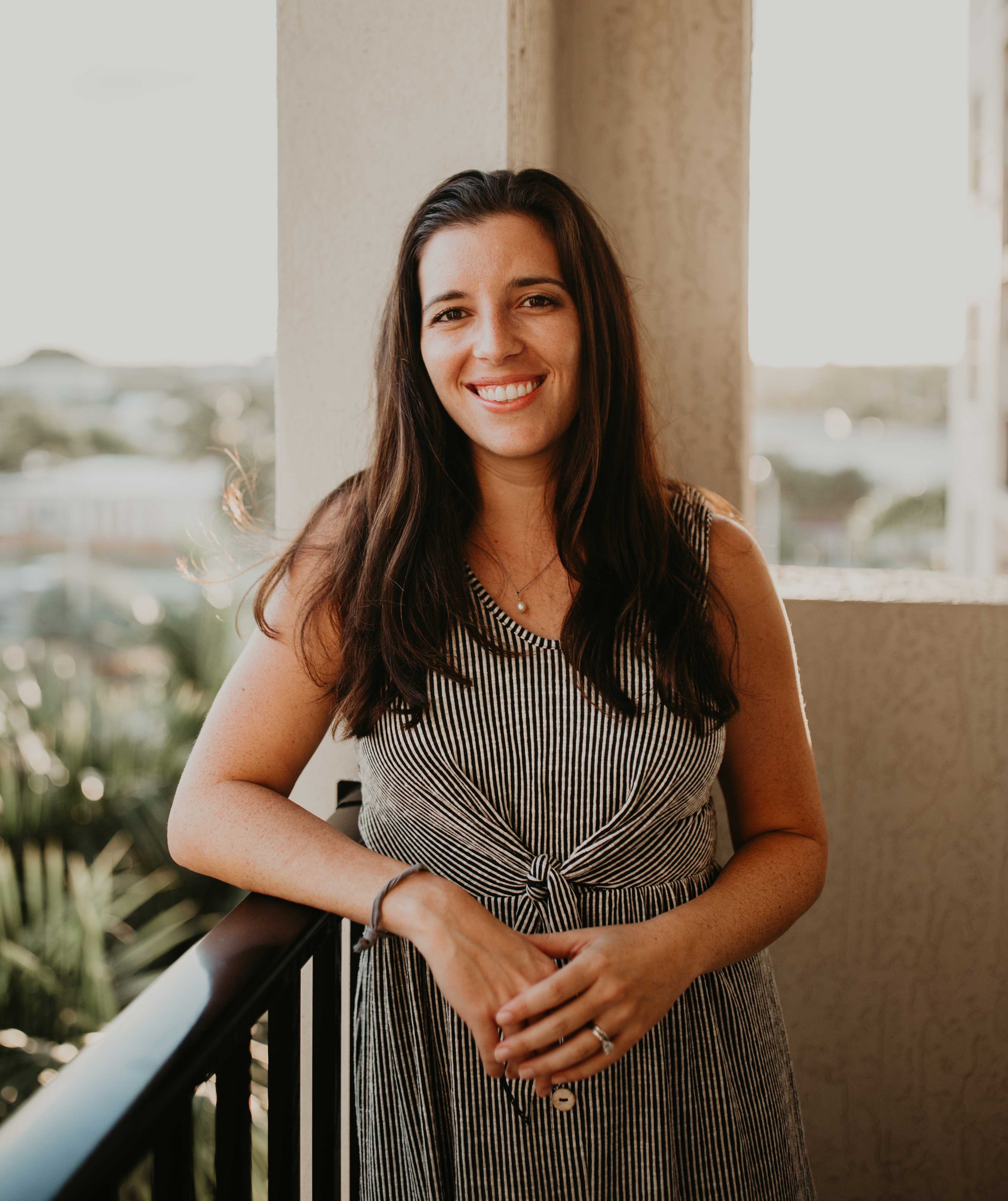My first attempt at blogging was when I was 15 years old. I treated my blog like a semi-private journal, not fully aware that the Internet has tentacles. For a while, I was sure my two closest friends were my only readers, and I mainly wrote to share whatever funny thing happened to me on a particular day. One afternoon, I wrote with self-deprecating humor about an after-school run, during which I ran through some sprinklers with the hopes it would make me look sweatier. The next day at school, several acquaintances came up to me to tell me how hilarious my “sprinkler post” was. I was horrified! I had an audience? Even though it scared me at the time, the draw of my blog was that I was being authentic. Here are three ways that you can start blogging with authenticity, too.
Write Regularly
To write with authenticity, you first need to give yourself the space to write. If you don’t purpose to write, it won’t happen. I almost never feel particularly inspired to write, but whenever I make time to sit at the computer, I manage to produce something. Set aside time to write regularly. If, even with some editing, what you’ve written isn’t very good—you don’t have to post it! Productive artists all say the same thing: be disciplined. Quantity precedes quality; not everything you create will be amazing, but the daily practice of productivity opens up an opportunity for something special. William Zinsser says in his book, On Writing Well, “You learn to write by writing . . . The only way to learn to write is force yourself to produce a certain amount of words on a regular basis.” It may sound counterintuitive, but authenticity begins with intentionality. So make an appointment with yourself, put it in your calendar, and start writing regularly.
Write What You Know
What should you write about? Write what you know. If you own a shop, this might be something specific, like coffee, or it might be as general as your own life experiences. Be authentic by writing about whatever you are an expert in, or whatever you are interested in exploring as a blogger. Zinsser says, “Trust your curiosity to connect with the curiosity of your readers.” Share your journey of living and learning with others. People want to read about other people and take part in human experiences. This explains the magnetic pull of the Royal Family and the success of podcasts like This American Life. If you are blogging about a product, you can find a way to make it personal. Look for the human element in whatever you are talking about. At the end of the day, people want to know there is a human behind the company or whatever endeavor for which you write your blog.
Write For Yourself
Good writers know their audience. The reach and permanency of the Internet adds pressure; with almost anyone in the world as a potential reader, how can you possibly give your audience a face? Easy: You aren’t writing for the Internet—you are writing for yourself. Take Joanna Gaines, for example. The whole Magnolia Empire began with Gaines blogging about her business. She was passionate about the projects she poured herself into—how cathartic it must have been for her to just create a record of the transformations she made! Lo and behold, someone at HGTV became intrigued by her blog, and fast forward to today, now Gaines is going to renovate J. Lo’s fixer upper. I love writing for Hatch Creatives, but truthfully, I feel most authentic as a writer when I tell myself no one reads my posts. To quote Zinsser once more, “You are writing primarily to please yourself, and if you go about it with enjoyment, you will also entertain the readers who are worth writing for.” You are your audience. If you care about something, it’s highly likely others will too, but that’s just a bonus. The best writing that you will ever do is the writing you do for yourself.
Zinsser, William, 1922-2015. On Writing Well : an Informal Guide to Writing Nonfiction. New York, NY :HarperCollins, 1990.

 Kara Caplivski is a teacher and writer. She calls Boca Raton, FL home along with her amazing husband, David; adorable son, Elliot; and dogs, Ruby and Shadow.
Kara Caplivski is a teacher and writer. She calls Boca Raton, FL home along with her amazing husband, David; adorable son, Elliot; and dogs, Ruby and Shadow.